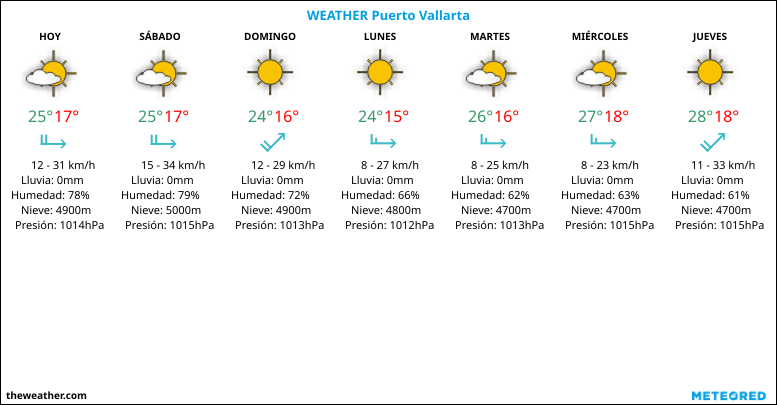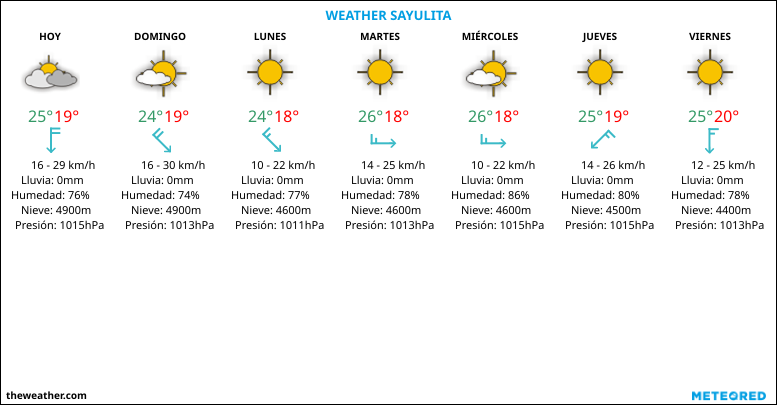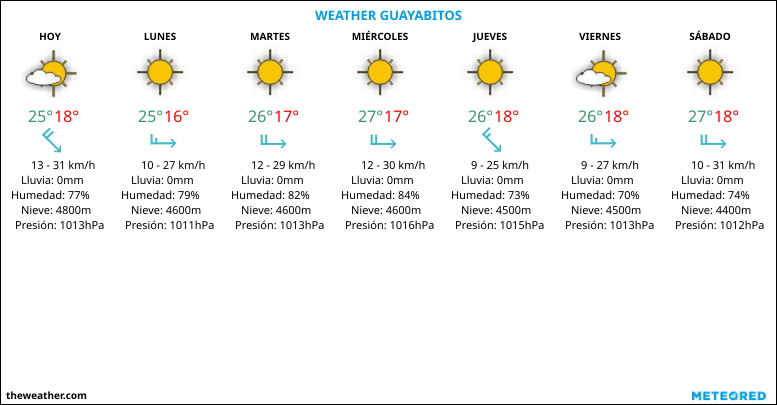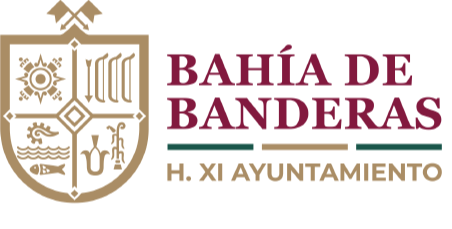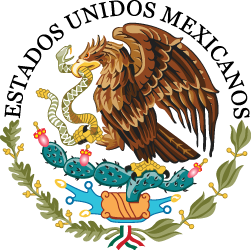Flush Gout With These Foods | Gout Foods to Avoid for No Flare Ups
CCMray • June 28, 2024 • 0 views
What is Gout?
Gout is a type of arthritis characterized by the buildup of uric acid crystals in the joints, leading to inflammation and intense pain. Uric acid is a waste product produced when the body breaks down purines, substances found naturally in the body and certain foods. Normally, uric acid dissolves in the blood and is excreted through the kidneys. However, when there is an excess of uric acid or the kidneys cannot eliminate it efficiently, it can accumulate and form sharp crystals in the joints, resulting in gout attacks.
What Causes Gout? Foods That Cause Gout.
Consuming foods high in purines, such as red meat, seafood, organ meats, and sugary beverages, can increase uric acid levels in the blood, raising the risk of gout.
Is Gout and Arthritis Hereditary?
A family history of gout can predispose individuals to the condition, as genetics play a role in how the body processes uric acid.
Foods That Worsen Gout
Red meat: Beef, lamb, and pork are rich sources of purines and can exacerbate gout symptoms.
Seafood: Shellfish, anchovies, sardines, and mackerel are high in purines and should be consumed sparingly by those with gout.
Organ meats: Liver, kidneys, and other organ meats contain high levels of purines and should be avoided by individuals prone to gout attacks.
Sugary beverages: Soda, fruit juices, and other sugary drinks can raise uric acid levels, increasing the risk of gout flare-ups.
Foods that Help Gout:
Cherries: Cherries and cherry juice have been shown to lower uric acid levels and reduce inflammation, making them beneficial for gout sufferers.
Berries: Blueberries, strawberries, and other berries are rich in antioxidants and anti-inflammatory compounds that may help alleviate gout symptoms.
Low-fat dairy: Consuming low-fat dairy products like milk, yogurt, and cheese can help lower uric acid levels and reduce the risk of gout attacks.
Vegetables: Eating plenty of vegetables, particularly those high in vitamin C, such as bell peppers, broccoli, and citrus fruits, can help lower uric acid levels and prevent gout flare-ups.
Managing Arthritis:
While gout is a form of arthritis, there are various types of arthritis that require different management strategies. However, some general tips for managing arthritis include:
Exercise regularly: Engaging in low-impact exercises like walking, swimming, or cycling can help improve joint function, reduce pain, and increase flexibility.
Use hot and cold therapy: Applying heat or cold packs to affected joints can help alleviate pain and inflammation associated with arthritis.
Get enough rest: Adequate rest is essential for managing arthritis symptoms, so be sure to prioritize sleep and listen to your body's signals to avoid overexertion.


